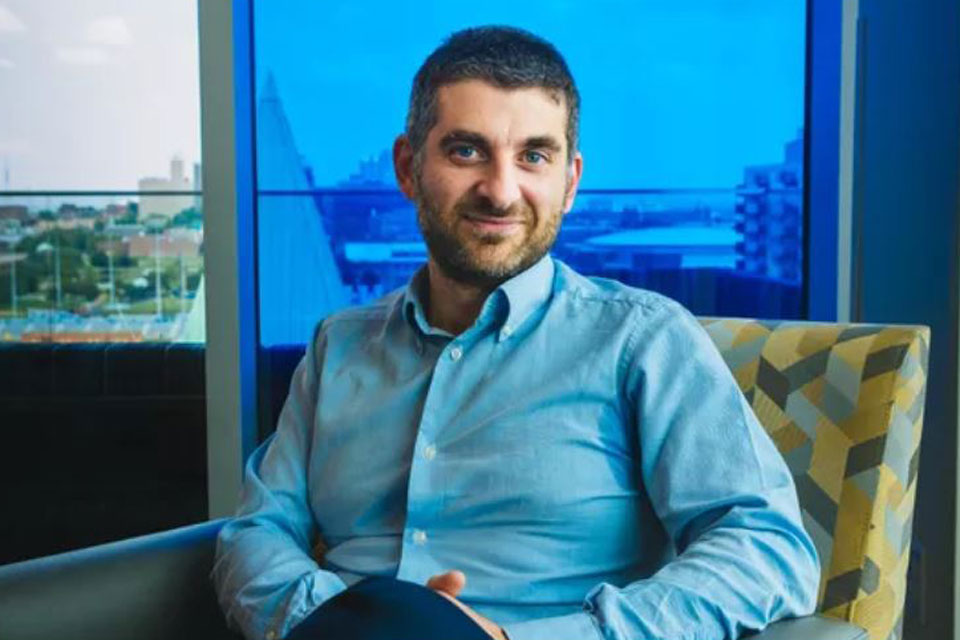SLU Researcher Receives NSF Grant to Study Elastic-Edge Cloud Applications
Saint Louis University computer scientist Flavio Esposito, Ph.D., has received a $206,206 grant from the National Science Foundation (NSF) aimed at developing theoretical foundations for breaking down the components of software applications over a distributed complex cyberinfrastructure in order to help software designers and technology companies develop greener and more efficient computing resources for society.
Esposito, assistant professor of computer science received the award from the NSF’s Computing and Natural Science’s Division of Computer and Network Systems to study the management of elastic edge-cloud applications.
The project focuses on the ways that decomposition – or the breaking down of complex problems and systems in computer science – plays a role in how software applications perform operations on very large amounts of data using distributed systems like the Cloud.
As application software becomes more abundant and more complex, it also requires more resources in terms of its memory and computing power demands.
The project aims to develop hands-on tutorials that involve partitioning and running application software over a distributed cyberinfrastructure managed by multiple providers, to train and mentor underrepresented students in computer science research and to introduce high school students to cyberinfrastructure operations and management through annual summer camps.
Together with researchers at Boston University and Bentley University, Esposito’s project will examine how application software like a Virtual Reality (VR) based drone control application, or large bio-inspired imagery, can be processed by partitioning subsets over different parts of a distributed computing infrastructure.
The research seeks to answer questions including what are the best ways to partition an application to balance computing capacity, its functions and communication needs; how can application functions run efficiently and cost-effectively; and how should a computing system adapt to changes in the availability of resources to maintain a high level of quality of experience for users?
The project’s goal is to find an optimal state of decomposition or break down, and how this optimal state will help enhance users' quality of experience while reducing the cost/price for the users.
The project will utilize several classes of applications to validate these theoretical foundations including streaming Augmented/Virtual Reality (AR/VR), intrusion detection, geospatial forecasting and large bio-inspired imagery and datasets.
Esposito has previously received the NSF for work addressing building robust virtual cloud-computing networks for deployment in situations where traditional networks suffer from high traffic. He has also published research on using sound as a simpler alternative tool for managing complicated computing network tasks.
The new grant is National Science Foundation Award Number 1908574 and it was awarded on Sept. 16, 2019. The research commenced on Tuesday, Oct. 1, and runs through Sept. 30, 2022.
The total project was awarded as a collaborative grant, with an overall budget for all three institutions of approximately $500,000 total, with each institution receiving its own funds directly from the NSF.
Saint Louis University is a Catholic, Jesuit institution that values academic excellence, life-changing research, compassionate health care, and a strong commitment to faith and service. Founded in 1818, the University fosters the intellectual and character development of more than 13,000 students on campuses in St. Louis and Madrid, Spain. Building on a legacy of now more than 200 years, Saint Louis University continues to move forward with an unwavering commitment to a higher purpose, a greater good.
Story by Amelia Flood, University Marketing and Communications


















